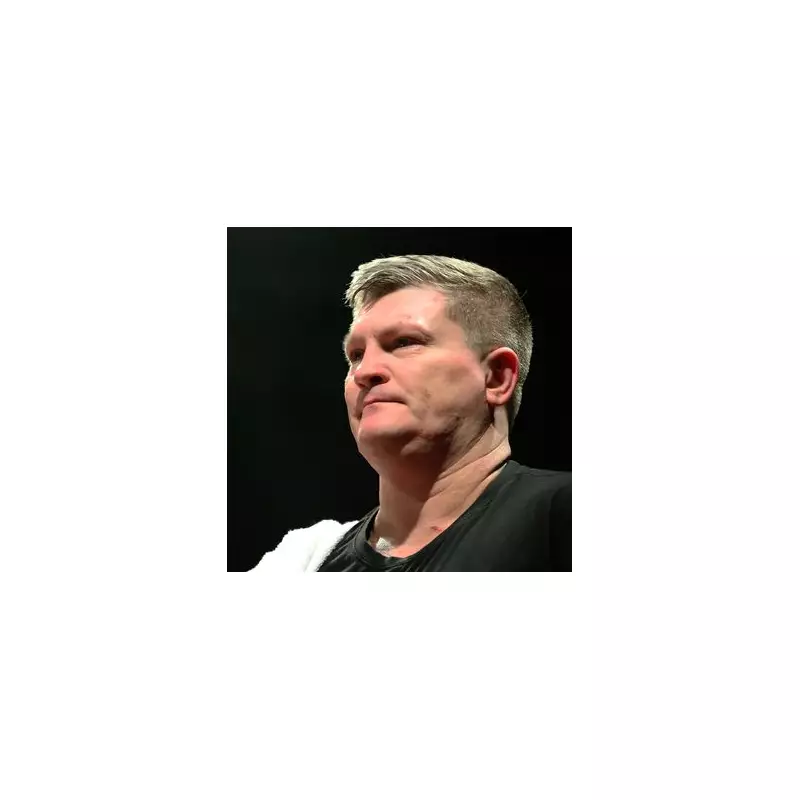
British boxing icon Ricky Hatton has delivered a powerful and brutally honest account of his own mental health battles, revealing that his new purpose in life is to use his painful experiences to help others avoid his darkest moments.
The former world champion, often hailed as one of Britain's most beloved fighters, spoke candidly about the crippling depression and addiction that engulfed him after retiring from the ring. Hatton described a devastating downward spiral that saw him contemplating suicide, a period he refers to as his 'rock bottom'.
A New Fight Outside The Ring
Now, Hatton has channelled his struggles into a powerful force for good. He is dedicating his life to supporting others, stating that the act of helping has become his own salvation.
'I've been to the very bottom, and I don't want anyone else to go through that alone,' Hatton explained. His mission is simple yet profound: to be the lifeline for others that he himself desperately needed.
From World Titles to Inner Turmoil
The Hitman's glory days in the ring, filled with world titles and sold-out arenas in Manchester and Las Vegas, masked a growing internal struggle. The transition from the adrenaline-fuelled life of a elite athlete to retirement proved catastrophically difficult, leading to well-documented battles with substance abuse and weight gain.
Hatton's honesty about contemplating suicide sheds a stark light on the severe mental health crisis that can follow the end of a sporting career, stripping away identity and purpose.
A Message of Hope and Solidarity
Today, Hatton's message is one of unwavering hope. He emphasises that no matter how isolating depression feels, speaking up and seeking help is the first step toward recovery.
'If my story can convince just one person to reach out, then every bit of pain was worth it,' he asserted. The boxing hero is using his platform to break the stigma surrounding mental health, particularly among men, proving that strength isn't about silence, but about survival and support.





